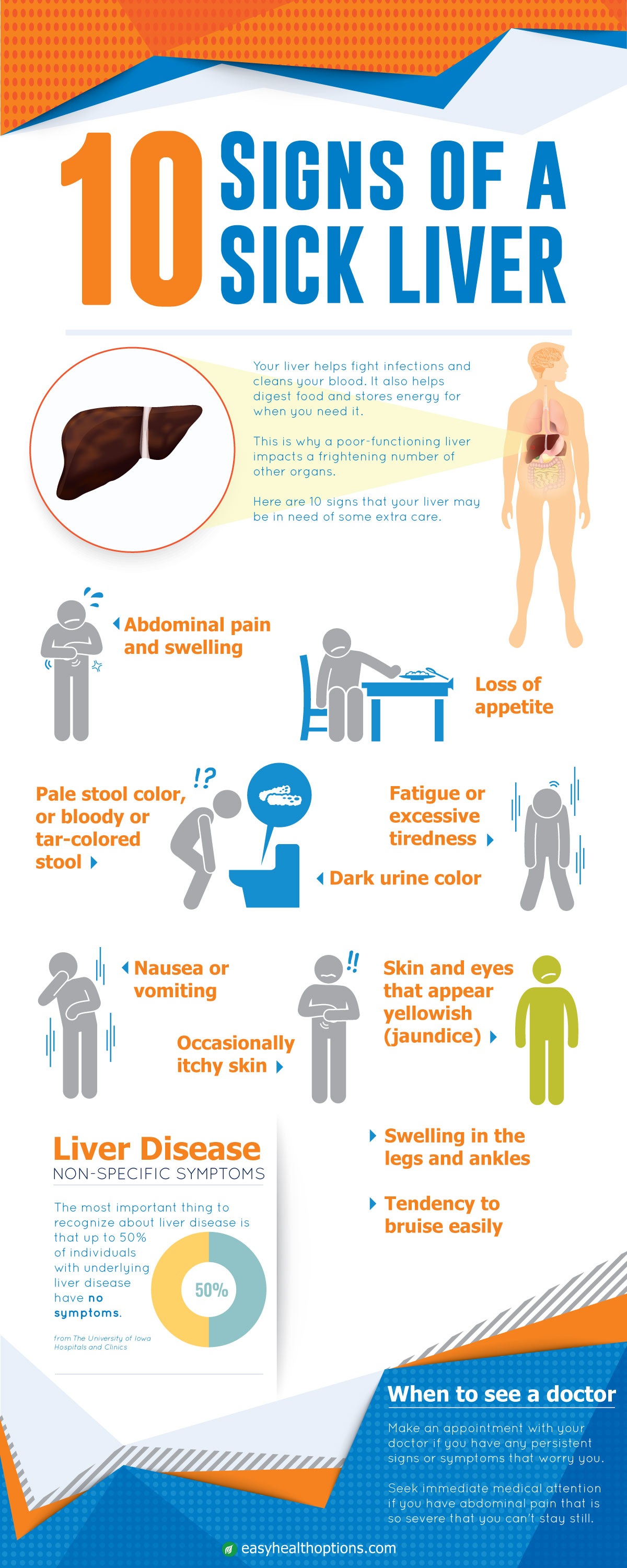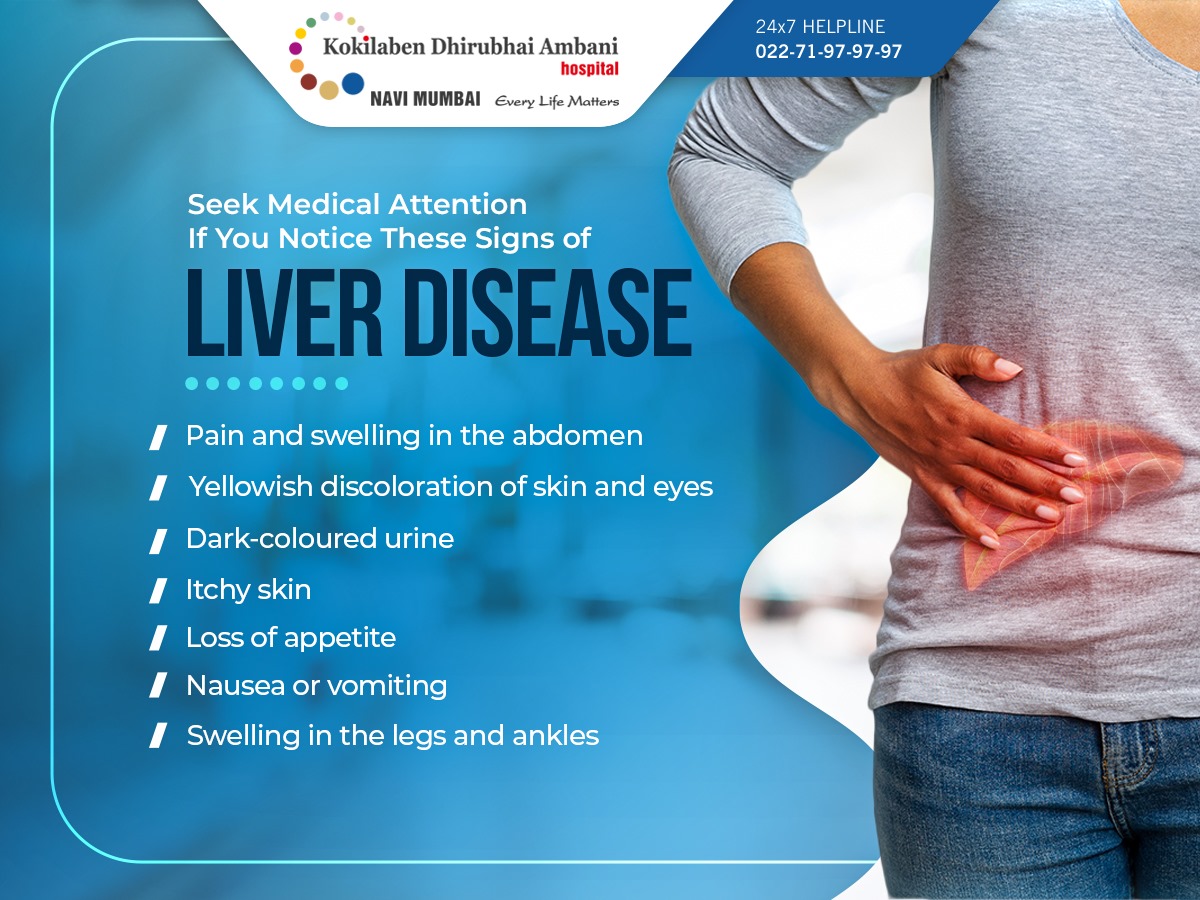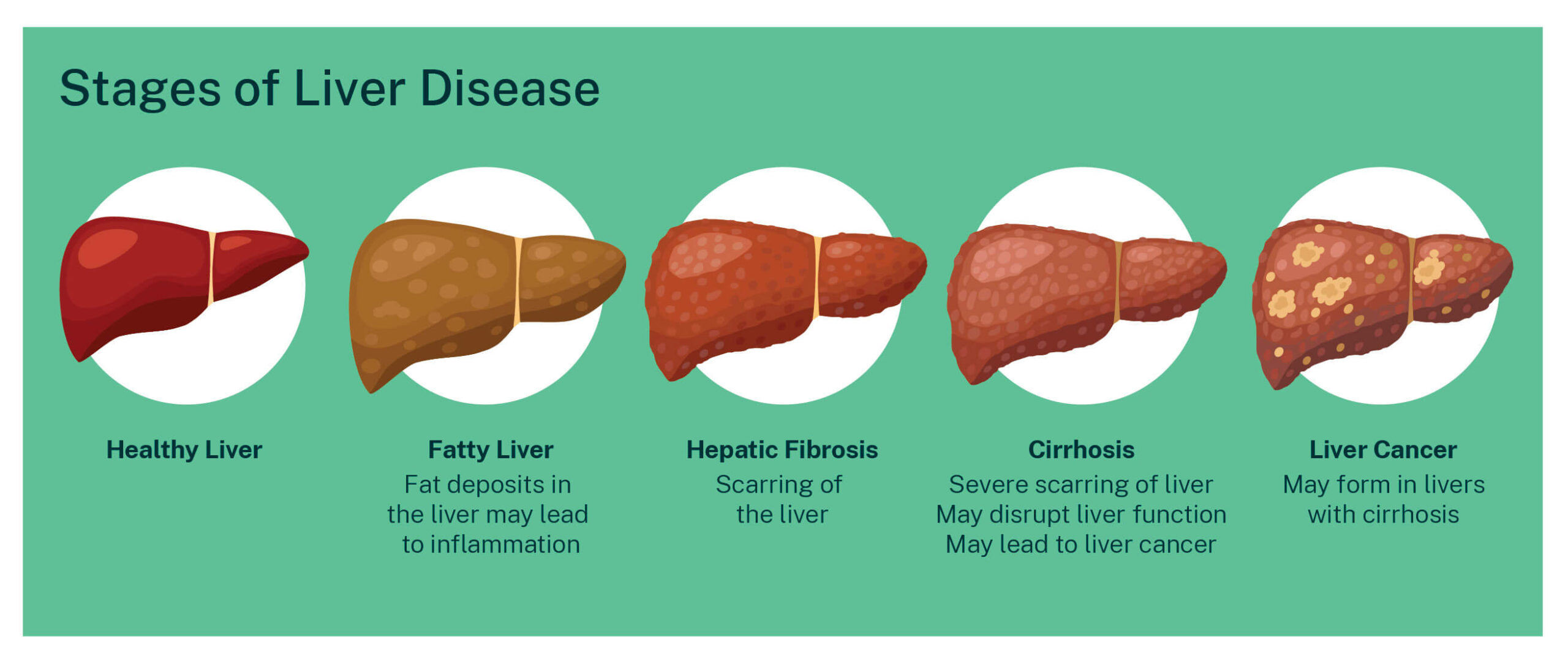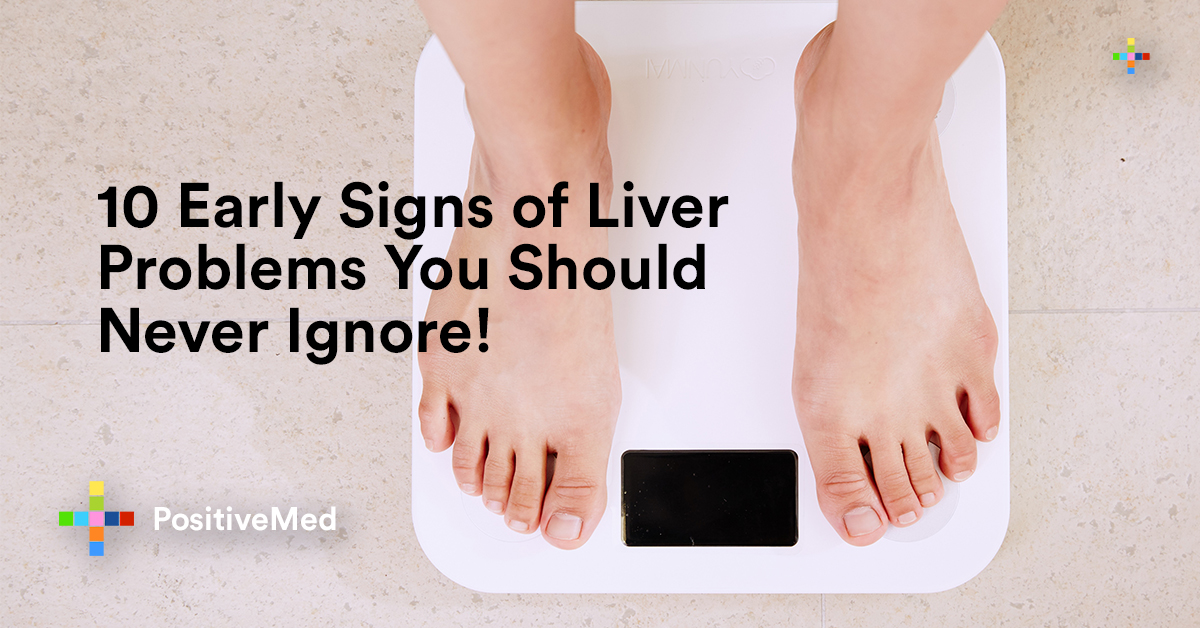The Hidden Signs Of Liver Trouble Article

Silent damage to your liver could be progressing undetected. Millions are at risk, and early awareness is critical to prevent irreversible harm.
This article highlights overlooked indicators of liver dysfunction, urging immediate action to safeguard your health. Early detection dramatically improves treatment outcomes for various liver diseases.
The Unseen Threat: Recognizing Subtle Signals
Many liver conditions develop gradually, presenting with vague or easily dismissed symptoms. According to the American Liver Foundation, approximately 100 million Americans have some form of liver disease. Ignoring these subtle signs can lead to severe, life-threatening complications.
Persistent Fatigue and Weakness
Unexplained and overwhelming fatigue is a common early symptom. This is not typical tiredness; it's a profound sense of exhaustion that doesn't improve with rest. The liver's impaired ability to filter toxins contributes to this debilitating fatigue.
Skin Changes: Jaundice and Itching
Jaundice, a yellowing of the skin and eyes, is a more obvious sign of liver trouble. Bile builds up in the bloodstream when the liver can't process it effectively, causing this discoloration. Persistent itching (pruritus), even without a rash, can also indicate liver dysfunction as bile salts accumulate under the skin.
Abdominal Discomfort and Swelling
Pain or discomfort in the upper right abdomen, where the liver is located, should raise concern. Fluid retention (ascites) can cause abdominal swelling. This indicates the liver's diminished ability to produce proteins that regulate fluid balance.
Changes in Urine and Stool Color
Dark urine, resembling tea or cola, and pale or clay-colored stools can signal bile duct obstruction. These color changes reflect issues with the liver's ability to process and excrete bilirubin. Consistent changes in stool or urine color warrant immediate investigation.
Nausea, Loss of Appetite, and Unexplained Weight Loss
Persistent nausea, a decreased appetite, and unintentional weight loss can indicate a struggling liver. The liver plays a crucial role in digestion and metabolism. Impaired liver function disrupts these processes, leading to these symptoms.
Who is at Risk?
Several factors increase your risk of liver disease. Excessive alcohol consumption, a major contributor, can lead to alcoholic liver disease. Chronic viral hepatitis B and C infections can cause long-term liver damage and cirrhosis.
Obesity and type 2 diabetes are significant risk factors for non-alcoholic fatty liver disease (NAFLD). Certain medications, including high doses of acetaminophen, can also harm the liver. Family history of liver disease increases the likelihood of developing similar conditions.
The Importance of Early Detection
Early diagnosis is crucial for effective treatment and preventing irreversible liver damage. A simple blood test can assess liver enzyme levels and detect abnormalities. Imaging tests like ultrasounds, CT scans, or MRIs can provide a detailed view of the liver's structure.
A liver biopsy may be necessary to determine the cause and extent of the damage. According to a 2023 study published in the Journal of Hepatology, patients diagnosed with liver disease in its early stages showed significantly better outcomes compared to those diagnosed later. Early intervention can often prevent progression to cirrhosis or liver cancer.
Take Action Now: What You Need to Do
If you experience any of these symptoms, consult your doctor immediately. Don't delay seeking medical attention; early detection can save your life. Request a comprehensive liver function test and discuss your risk factors with your healthcare provider.
Adopting a healthy lifestyle is essential for liver health. This includes limiting alcohol consumption, maintaining a healthy weight, and managing underlying conditions like diabetes. Vaccinations are available to protect against hepatitis A and B.
The National Institute of Diabetes and Digestive and Kidney Diseases (NIDDK) offers resources and support for individuals with liver disease. Knowledge is power; educate yourself and your loved ones about liver health.
The Road Ahead
Ongoing research continues to improve our understanding and treatment of liver diseases. New therapies are being developed to combat viral hepatitis and NAFLD. Public awareness campaigns are essential to promote early detection and prevention.
Prioritizing liver health is a critical step in safeguarding overall well-being. Be vigilant, be proactive, and protect your liver.


















